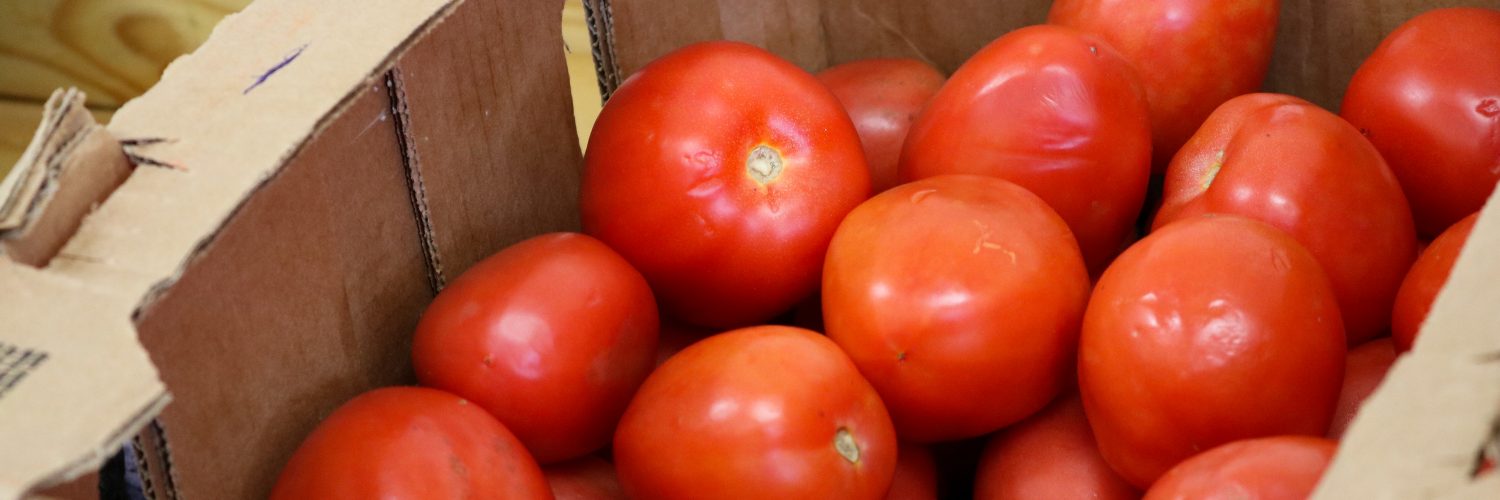The Florida Tomato Exchange filed a request to continue the antidumping investigation of fresh tomatoes from Mexico.
The action to reignite the investigation comes just one month after the United States Department of Commerce signed a new suspension agreement with the Mexican tomato industry.
“U.S. trade law, however, permits domestic producers to request continuation of the investigation,” the Florida Tomato Exchange (FTE) wrote in a press release. “The FTE is taking this action reluctantly. The Department of Commerce did an excellent job under difficult circumstances negotiating the new suspension agreement, which the FTE continues to support.
“Unfortunately, the Mexican tomato industry does not agree and has signaled its intention to challenge the agreement legally and politically, even though they signed the agreement just last month,” the statement said.
The FTE’s decision to request a continuation of the investigation follows an Oct. 3 letter from the Mexican growers associations, CAADES, that “signaled a strong likelihood that they will challenge the new suspension agreement in court.”
After the FTE announcement, the Mexican tomato growers released a statement saying the FTE’s announcement is misleading and mischaracterizing recent events.
“We are surprised by the announcement that the FTE is seeking a continuation of the antidumping investigation that could void the agreement recently reached with the Commerce Department after many months of negotiations,” the Mexican tomato growers said in the statement.
According to the Mexican tomato growers, the Oct. 3 letter did not signal an intent to either challenge the agreement in court nor renegotiate the agreement. It was simply correcting the characterization of data and “unfounded allegations” put on the record after the agreement was signed.
“The Mexican tomato industry negotiated its agreement with the Commerce Department in good faith and has every intention of abiding with that agreement throughout its term. So long as the agreement is administered in good faith and in accordance with its terms, the Mexican industry has no intention of ever withdrawing,” the Mexican tomato growers continued.
The new suspension agreement will remain in effect during the new investigation. Upon completion, the U.S. Department of Commerce and the International Trade Commission will determine whether or not Mexican tomatoes were dumped in the U.S. and if the dumping harmed the U.S. tomato industry, according to the FTE.
“If both determinations are affirmative, the suspension agreement will remain in place, and duties will not be imposed so long as the agreement is in effect. Alternatively, if there is a negative finding, the proceeding will end, the suspension agreement will be terminated, and there will be free trade,” FTE said in the statement.
“The data show clearly that U.S. producers are not injured or threatened with injury by imports from Mexico. Rather, our growers have done just what good, private companies should do. We have spent billions of dollars over recent years converting our production to greenhouses and other protected agriculture types of production to bring a fresher, vine-ripe tomato to the U.S. market. U.S. consumers have turned to those tomatoes not because they are cheaper, because they are not, but because they are fresher and tastier and simply a better product,” said Rosario Beltran, president of CAADES.
















Add comment